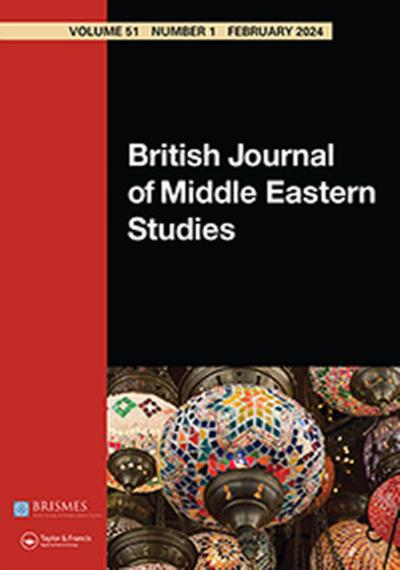Executive dominance and the politics of quota representation
Quota policies securing the presence of marginalised groups in decision-making bodies have been adopted across sub-Saharan Africa. These policies are frequently understood through the lens of a pluralist perspective. This stance is not appropriate in African regimes characterised by executive dominance. Through a qualitative study of official documents, newspaper articles and interviews conducted during two field studies in Uganda in 2005 and 2010, this article shows how the understanding of quota policies in Africa may gain from the corporatist debate on interest representation. The analysis reveals that the incumbent National Resistance Movement has employed the reserved seat policy strategically to maintain its dominant position, and that strategies for using the quota system have evolved gradually over time in response to key political events, and the interests of group activists at the local and national levels with vested interests in its survival.
https://doi.org/10.1017/S0022278X12000067



